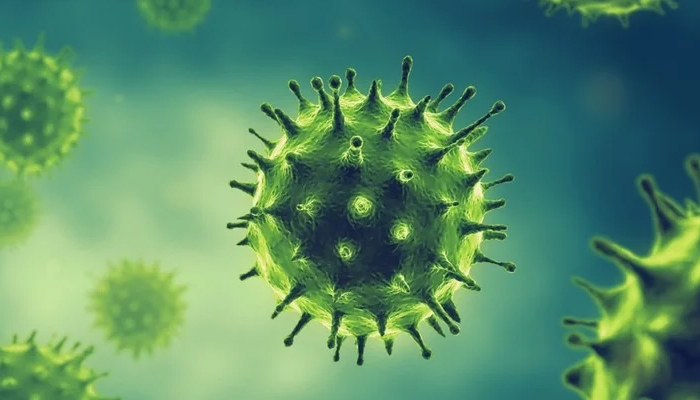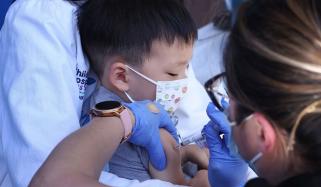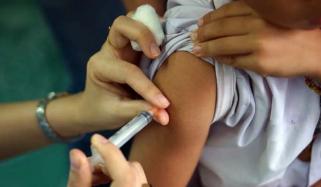
Avian influenza, or bird flu’s second case, was reported in Michigan, US, on Wednesday, May 22.
According to CNBC, the Michigan Department of Health and Human Services has confirmed that a man has been infected with the bird flu linked to dairy cows.
As per the health department, the infected person is a farmworker who has regular exposure to the infected livestock.
However the infected person had mild symptoms and has recovered now.
Dr. Natasha Bagdasarian, Michigan's chief medical executive, said in a news release, “The current health risk to the general public remains low.”
She added, “We have not seen signs of sustained human-to-human transmission at this point. This is exactly how public health is meant to work, in early detection and monitoring of new and emerging illnesses.”
The Centers for Disease Control and Prevention stated that the farmworker developed pinkeye, and the sample for the test was taken from the eye that later tested positive, whereas the sample taken from the nasal passage tested negative.
Dr Nirav Shah, the CDC’s principal deputy director, in a news briefing, said about the negative nasal sample, “It reduces the likelihood, it does not eliminate, but it reduces the likelihood, of a respiratory route of transmission.”
Meanwhile, the infectious disease expert Michael Osterholm, director of the Center for Infectious Disease Research and Policy at the University of Minnesota, suggested, "I don’t think this changes the risk picture in terms of the virus being transmitted to people and then transmitted among people.”
The CDC recommends everyone who is in contact with dairy cattle wear protective equipment like waterproof aprons, safety glasses, and boots that can be sanitised.















